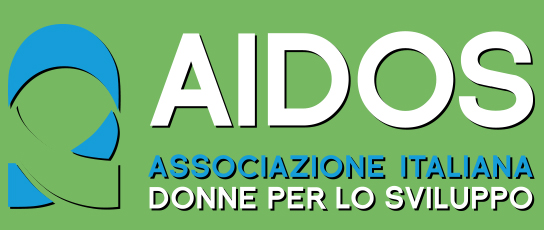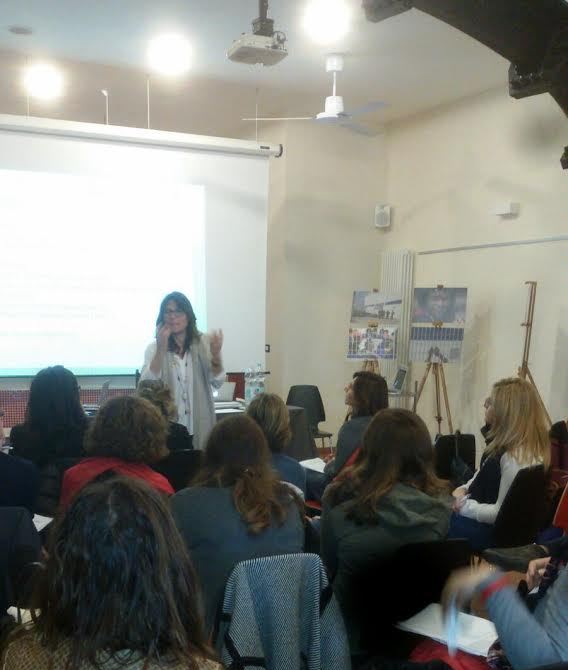2018 – Sexual and reproductive health and rights / SGBV / Training
Here information on Phase I of the project
WHERE
Sicily: Catania, Palermo, Mineo
PARTNER
UNHCR Italy
BACKGROUND
According to data from the Italian Ministry of the Interior, between January and June 2017, 73,094 migrants, mostly from Africa, reached the Italian coasts. This population is predominantly male, but Nigerian women are a significant percentage (almost 40%). During the migration process, migrants experiment physical and psychological trauma (exposure to conflict, torture, rape or other forms of sexual violence), and women are particularly vulnerable to this violence, both in refugee camps and on their way to Europe. Reception systems, however, are not always well coordinated to respond to the needs of violence victims/survivors. Professionals and officials who take care of the survivors, in countries of transit or destination, often have insufficient or non-existent training, don’t know health risks and consequences of sexual and gender-based violence (SGBV ) and, concerning female genital mutilation, they are frequently unaware of its existence and fail to identify this form of violence. Furthermore, they are not able to deal with problems faced by migrants / asylum seekers / refugees (People of Concern – PoC) with a holistic, integrated, gender and culturally sensitive approach, while the recent European directives on asylum stress the necessity of integrating a gender approach in the reception system and in the asylum procedures.
GOALS
The project aims to:
- improve the capacity of professionals and operators working in the reception system (SPRAR and CAS in Catania and Palermo, and CARA in Mineo) to prevent and respond to sexual and gender-based violence against PoC with an integrated, intercultural and gender-sensitive approach
- contribute to the protection and support to SGBV survivors among PoC
BENEFICIARIES
- Professionals and operators of the reception systems in Catania and Palermo who attended the training workshop organized in the first phase of the project (LINK) in 2017
- PoC of SPRAR and CAS in Palermo and Catania and CARA in Mineo.
AIDOS ACTIVITIES
AIDOS will carry out the following activities:
1. Awareness and self-help actvities
1.1 Preparatory meeting
Two preparatory meetings (in Catania and in Palermo) for the staff of 8 reception centers involved in the project and representatives of the ASP (Azienda Pubblica di Servizi alla persona) will:
- define the criteria for the identification of beneficiaries of the activities
- plan group activities and adapt them to the resources and needs of the different structures.
1.2 Group activities with refugees and asylum seekers
Group work , with the participation of operators of the reception systems who took part in the preparatory meetings and identified refugees and asylum seekers. Activities will include:
Awareness raising activities aiming at:
- raise awareness about sexual and gender-based violence
- provide information on available services to SGBV survivors
- identify participants in self-help groups
- promote the creation of self-help groups between refugees and asylum seekers.
Resilience / self-help activities aiming at:
- provide operators, refugees and asylum seekers with tools to manage informal self-help groups created by the beneficiaries
- develop and strengthen personal resources and resilience of refugees and asylum seekers
- help to manage traumatic memories that may emerge within self-help groups
- teach simple therapeutic techniques.
1.3 Follow-up
AIDOS experts will ensure the follow-up and technical assistance to operators and professionals in carrying out their activities.
2. Distribution of information materials
- Poster and Flyer on available services in Catania and Palermo will be distributed to refugees and asylum seekers
- a Factsheet containing information on the basic principles to follow in the reception activity and the training material used for the workshop will be distributed to the personnel of the reception systems
3. Production of a standardized referral form and a formal referral protocol
During the project will be produced:
- a standardized form for the external referral of SGBV cases based on the revision of the existing forms currently used by services and institutions
- a formal referral protocol based on the review of the existing one.
EXPECTED RESULTS
- Improvement of the capacity of the reception systems’ staff to contribute to the prevention and response to SGBV with an integrated, participatory, gender and cultural diversity sensitive methodology
- Improvement of the knowledge of refugees and asylum seekers about their rights and specialized services
- Increased resilience of refugees and asylum seekers.
WHEN
2018, February 15 – August 15
COST OF THE PROJECT
56, 500 €
WHO IS FINANCING
UNHCR € 42,400 – AIDOS € 14,100

